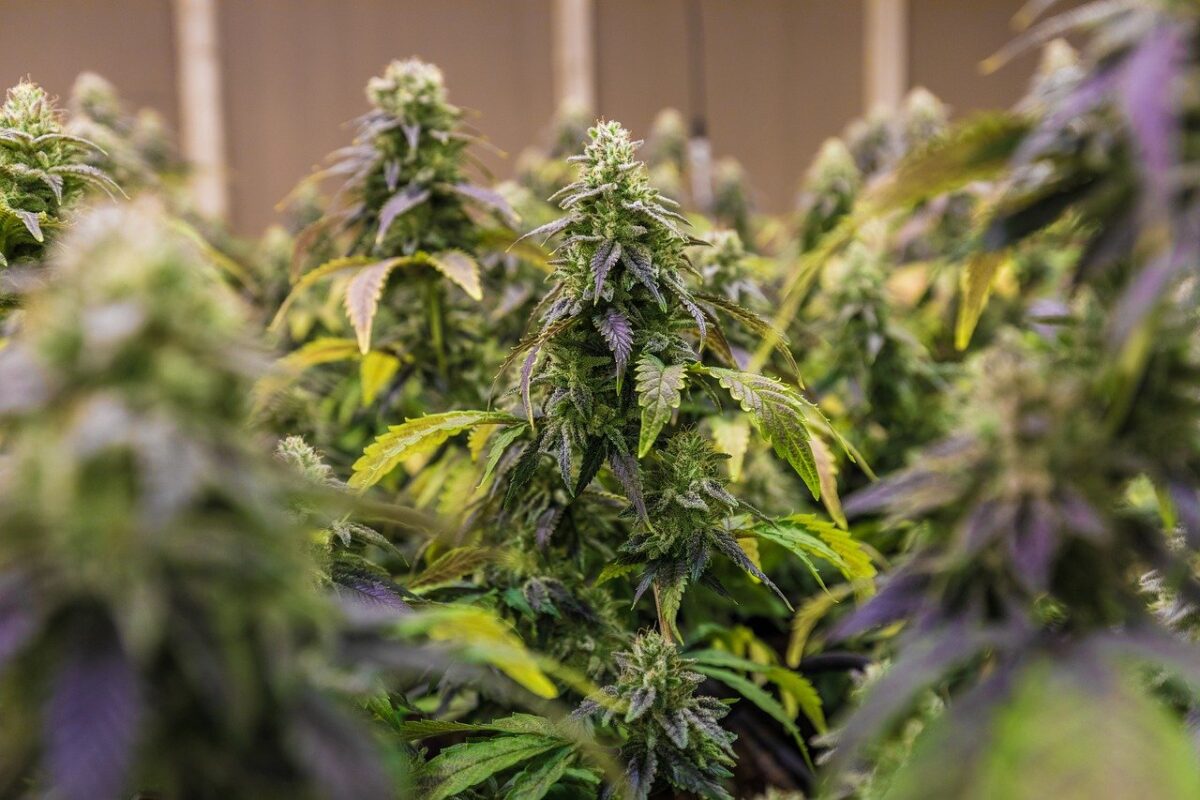
How to Win a Delaware Dispensary License
During April 2023, Delaware marked a significant milestone by becoming the 22nd state to legalize the recreational consumption of cannabis. This achievement was made possible through the successful passage of two separate bills, granting permission for the possession, sale, and regulation of cannabis within Delaware. Anticipated for release in 2024, regulations and a structured licensing framework will be established to govern the legal cannabis landscape within the state. In the meantime, prospective Delaware dispensary operators eagerly await the emerging cannabis market.
Delaware Dispensary Licensing Costs
In order to win a dispensary license in Delaware, it is imperative to have a thorough grasp of the application procedure. This begins with the submission of an application to the Division of Public Health, specifically the Medical Marijuana Program. During this initial step, aspiring licensees are required to submit a non-refundable application fee of $5,000.
Upon successful approval of the application, those granted the license are then obligated to pay a total of $40,000, which covers certification and bi-annual license fees. This financial commitment is a critical component of the licensing process, reflecting the seriousness and financial dedication required to operate a dispensary in the State of Delaware. Prospective applicants should stay tuned for further guidance on the Delaware dispensary licensing process.
Delaware Dispensary Licensing Timeline
People eagerly anticipating the start of legal cannabis sales in Delaware will have to practice patience, as marijuana retailers in the state are not projected to open their doors until between late 2024 and early 2025. The state has laid out a comprehensive plan for cannabis licensing through HB 2, allowing a total of 30 retail and 20 cultivation licenses once the program is fully established. The expected sequence of events includes accepting license applications in May 2024, followed by the initial issuance of licenses in June 2024.
Assuming there are enough qualified applicants by July 2024, 20 microbusiness licenses and 10 social equity licenses will be granted. Subsequently, in August 2024, another round of licenses will be issued, encompassing open, social equity, and microbusiness product manufacturing facility licenses. Legal sales are anticipated to commence between Thanksgiving of 2024 and New Year’s of 2025. Aspiring cannabis entrepreneurs and enthusiasts will have to await the regulatory processes and licensing procedures outlined by the state of Delaware. While the formal regulations timeline has not been established yet, it is anticipated that official regulations will be released in the spring or summer of 2024 to align with the licensing schedule.
How Can Point Seven Group Help?
The team of cannabis consultants and professionals at Point Seven Group have worked extensively in the U.S. and international cannabis markets and are familiar with the unique challenges of the cannabis industry. Follow us on social media to stay up to date with more cannabis industry updates!
- Wayzata moves to open city-run weed dispensary
 The City of Wayzata is considering opening its own recreational cannabis dispensary sometime next year. On Tuesday, Wayzata’s City Council and mayor approved a contract with Colorado-based consulting firm Point7 to draft a business plan for the possible municipal dispensary. This would be the city’s …
The City of Wayzata is considering opening its own recreational cannabis dispensary sometime next year. On Tuesday, Wayzata’s City Council and mayor approved a contract with Colorado-based consulting firm Point7 to draft a business plan for the possible municipal dispensary. This would be the city’s … - Indiana Cannabis Legalization: 2024 Update
 The Midwest has become a bustling hub for cannabis policy and industry, with states like Michigan, Illinois, and Ohio leading the charge in cannabis legalization. However, Indiana’s stance on cannabis remains a topic of significant interest and debate. As we delve into the status of …
The Midwest has become a bustling hub for cannabis policy and industry, with states like Michigan, Illinois, and Ohio leading the charge in cannabis legalization. However, Indiana’s stance on cannabis remains a topic of significant interest and debate. As we delve into the status of … - Cannabis Expungement and Social Equity: Proven & Failed Concepts
 In the realm of cannabis expungement and social equity, examining both proven and failed concepts is crucial for understanding the complexities of justice reform and equity within the cannabis industry. Proven concepts include initiatives such as automatic expungement processes, which streamline the clearance of certain …
In the realm of cannabis expungement and social equity, examining both proven and failed concepts is crucial for understanding the complexities of justice reform and equity within the cannabis industry. Proven concepts include initiatives such as automatic expungement processes, which streamline the clearance of certain …

